Welcome to The Pitch. Join filmmaker and VC member Kate Villevoye as she sits down with commissioners from leading international media platforms. Get an inside look at each platform’s editorial process and discover what collaborative opportunities exist so you can nail your next story pitch.
The Essentials:
Platform: Al Jazeera English. Witness
Executive Producer: Fiona Lawson-Baker
Content Type: TV
Editorial Themes: Character-driven narratives, untold human stories, social justice, geopolitics, environment, and current affairs, always connecting global issues to individual experiences
Ideal Video Format: Open to completed films, works-in-progress, and ideas at any stage
Pitches/Submissions Considered? Open to completed films, works-in-progress, and proposals that align with the internal news agenda
Where to submit: witness@aljazeera.net
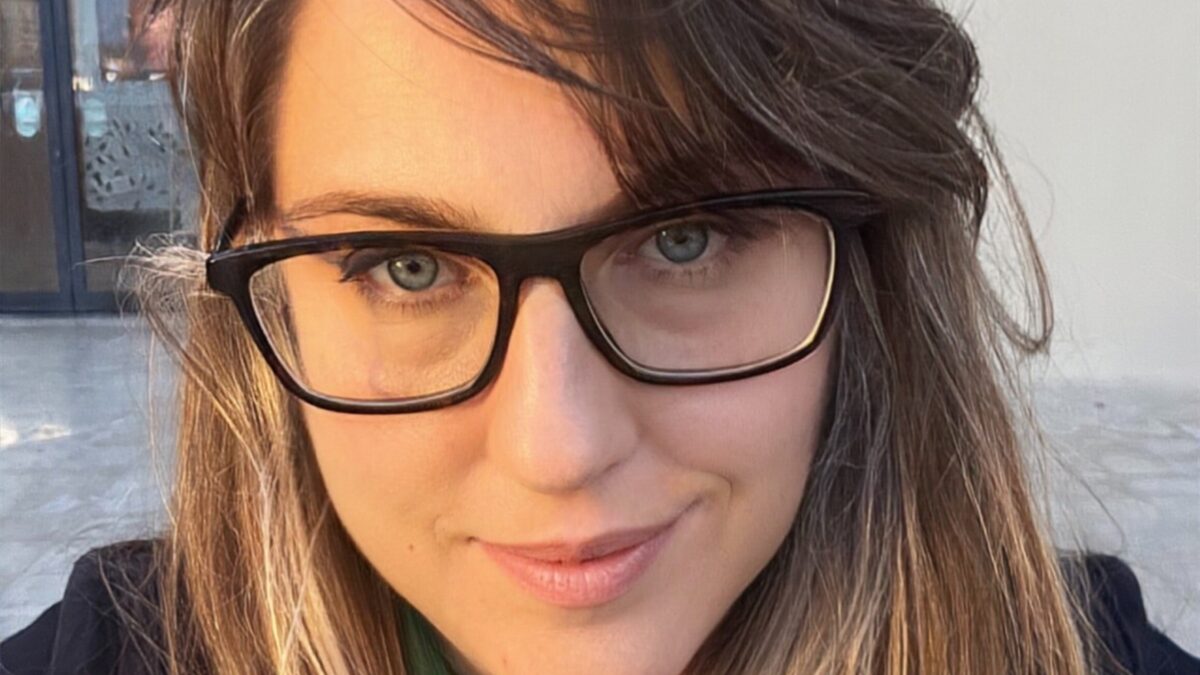
Kate Villevoye: Hi Fiona! Could you please introduce yourself and your role at Al Jazeera English, and give a brief overview of the network and its documentary strands?
Fiona Lawson-Baker: Hello! I’m Fiona Lawson-Baker, Executive Producer of Witness at Al Jazeera English. Al Jazeera Media Network has several channels: amongst them, Al Jazeera English (international news channel), Al Jazeera Arabic (Arabic news channel), Al Jazeera Documentary (an Arabic documentary dedicated channel). Each has different audiences, rights, and budgets, so while teams sometimes collaborate, they mostly operate independently.
Al Jazeera English is a 24-hour news channel where news makes up about 50 to 60% of output; the rest are programs divided into discussion shows, investigations, and documentaries. Discussion shows like Up Front and Head to Head are studio-based. Investigations includes strands such as 101 East in Asia Pacific, Fault Lines in the US, and People and Power here in Qatar. These tend to be issue-driven, journalist-led investigations.
The documentary department is managed by Mohammed Al Hamadi with three executive producers: myself for Witness, Farid Barsoum for standalone films and mini-series, and Andy Whitman, who manages acquisitions and the Al Jazeera World strand. Witness airs twice a week, with both 25-minute and longer 47-minute or hour-long slots, each from different independent sources, bringing fresh perspectives continually.
That’s a complex but very well-structured ecosystem! I’d love to learn more about the commissioning and acquiring process — does Witness, for example, mainly commission or acquire films?
We do both; it’s quite mixed at Witness. We commission from scratch, acquire finished films, and can step in mid-production with what we call "aqua-missions", providing post-production funds. Sometimes we co-produce or support in-house editing, for example, with footage coming from Gaza or protests in Bangladesh. So it’s pretty flexible depending on the project’s needs.
Farid Barsoum focuses on stand-alone commissions or series from conception. Andy Whitman handles acquisitions of completed hour-long films, which, like Witness, are often bought from independent distributors.
I understand there’s also a digital documentary strand called DigiDocs. How does that fit into the network?
DigiDocs is part of the digital department, which operates quite independently from the channels. They showcase short, often very artistic and visually stunning films for digital audiences. They mainly acquire finished films rather than commissioning. Alongside this, there’s also A360, a streaming platform currently focused on Arabic content within the MENA region, with plans to expand in English.
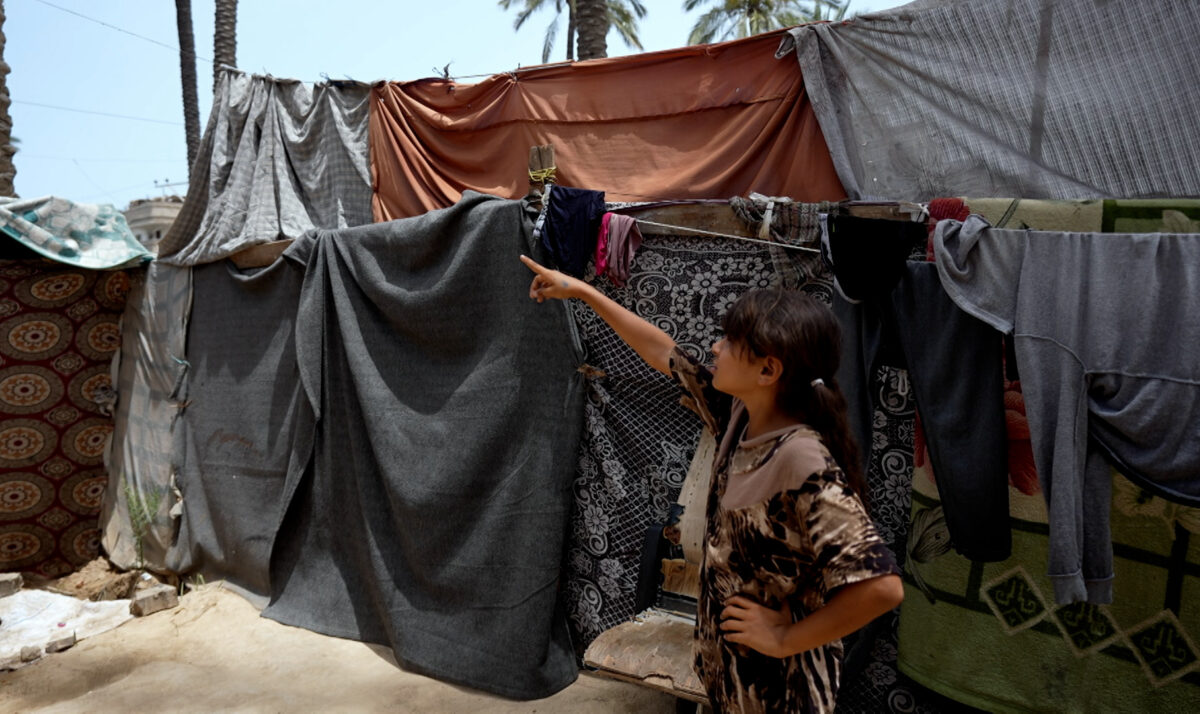
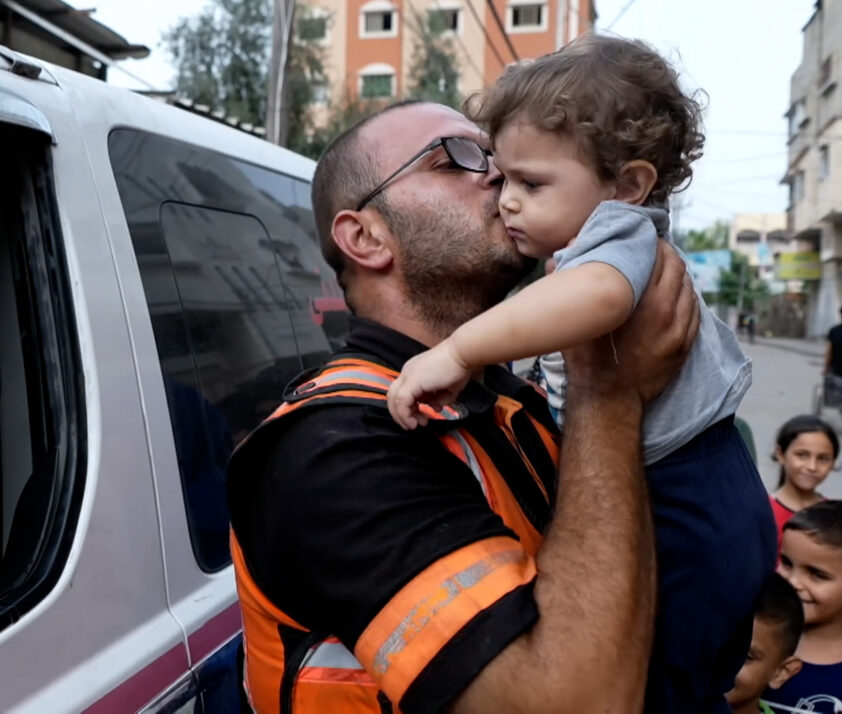
With such a vast global reach, who are your main audiences for Al Jazeera English documentaries?
Al Jazeera English reaches more than 450 million households across over 150 countries, with huge audiences in Africa, Asia, and the Global South, and smaller but very influential groups in the West, where English is widely spoken, which helps.
What kind of themes or perspectives do you most often look for across Witness?
Our aim is to connect on a human story level — to give local voices a platform. With an emphasis on timelessness and emotional connection, we follow individual characters, their journeys and transformations, set against bigger global issues like the environment, women’s rights, freedom of expression, conflict, and political themes.
Timing also matters; for instance, for anniversaries or UN thematic days, we release films that resonate strongly with events happening worldwide. For example, we recently released a film called Devi: The Undefeated from Nepal, which tackles sexual violence in conflict. We put it out on the UN’s International Day to End Violence Against Women in Conflict, and within a week it had almost 100,000 YouTube views. The audience response was really powerful.
The AJE website, YouTube and social media like Instagram and X (formerly) Twitter have become vital platforms for our documentaries. Witness has more than 1.2 million followers on Facebook. AJE's audience on YouTube has grown significantly, with very engaged comments from across the globe. It's wonderful to see films reach communities who relate personally to the stories — like The Cat Man Eshete, a stunning film about an Ethiopian refugee living on the streets of New York. It’s connected deeply both in the US and with audiences from Ethiopia, building a sense of community.
That’s inspiring. What kind of stories does Witness specifically prioritize compared to other documentary strands?
Witness looks for strong character-driven narratives, rather than purely issue-driven documentaries. We want a clear journey with a beginning, middle, and resolution, capturing transformation. The characters need to be central; they should own and tell their stories authentically.
We avoid activist or advocacy films, heavy use of archive, or expert commentary in Witness documentaries. Instead, it’s about personal stories behind the headlines, told with journalistic rigor ensuring fairness, accuracy, and balance. We want films that inform, empower, and challenge perspectives for international audiences.
“Our aim is to connect on a human story level — to give local voices a platform. With an emphasis on timelessness and emotional connection, we follow individual characters, their journeys and transformations, set against bigger global issues like the environment, women’s rights, freedom of expression, conflict, and political themes.”
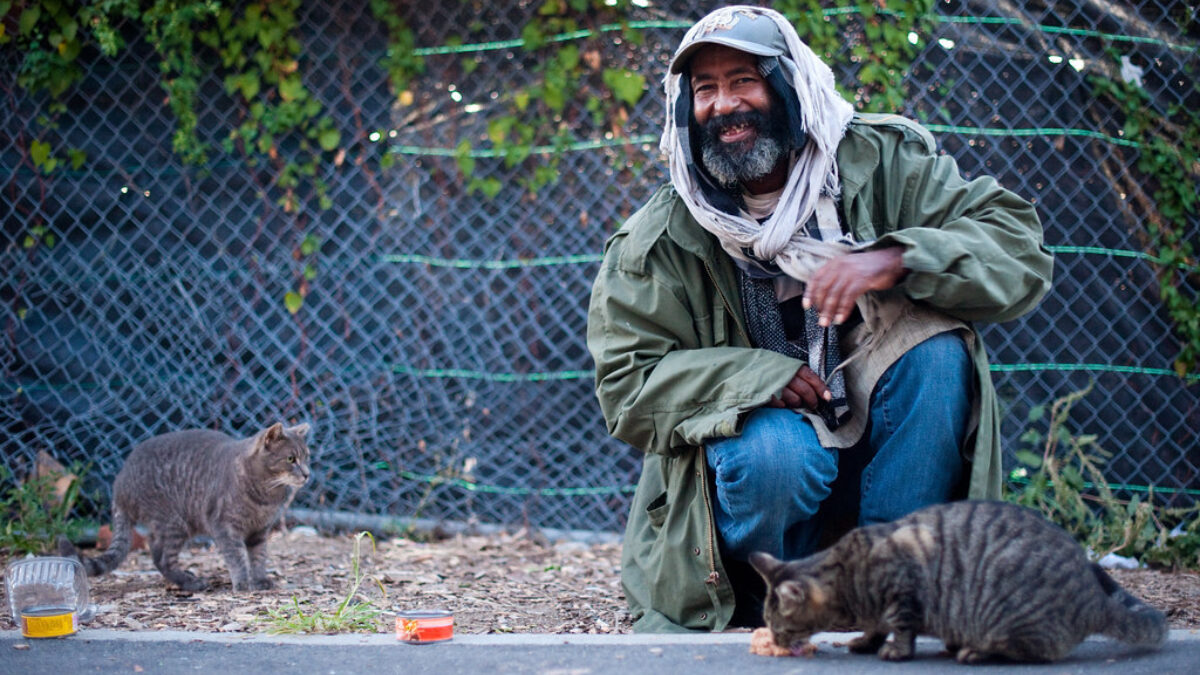
How do you manage relationships with filmmakers and the participants featured in these documentaries, given the sometimes sensitive contexts?
This has always been an important area. We work very closely with the filmmakers to build trust with contributors. On rare occasions, we give permission to filmmakers upon request to share completed films with people on screen before broadcast to ensure their safety, the film’s factual accuracy, and legal compliance. For Witness, the relationship between filmmaker and subject is crucial; that trust translates into the film’s honesty and power. This trust-building process is never easy, especially for stories from conflict zones or heavily censored regions, but it’s essential.
Could you share some recent examples of films you feel demonstrate Witness’s ethos?
One is Please Enjoy Our Tragedies by Charlie Scrimgeour, a young British filmmaker working with a Myanmar artist. It’s a deeply personal story about the artist asking why the world cared when the coup happened but seems to have forgotten Myanmar now. The film reflected a difficult and dangerous context, and at one point, we paused the project because it became unsafe for the artist. It embodies how trust can build even in the hardest circumstances. It won the Golden Nymph award in Monte Carlo earlier this year.
Rescue Mission Gaza won numerous awards last year including the Royal Television Society award for International Affairs in the UK and the Foreign Press Association Edward R. Murrow award in the US. It was filmed in one day, and the footage was sent to us to edit. We continued to follow the main characters' story. One of the team members from Gaza who was able to get out, also edited this update to mark the one year anniversary of the war: Gaza: Nowhere Safe.
On co-productions, Praying for Armageddon stands out. It's an epic film about the influence of evangelical Christians on US Middle East policy, directed by Tonje Hessen Schei, who blends investigative and personal storytelling. We came in with gap funding just before COVID hit, and it has received wide recognition.
“For Witness, the relationship between filmmaker and subject is crucial; that trust translates into the film’s honesty and power. This trust-building process is never easy, especially for stories from conflict zones or heavily censored regions, but it’s essential.”
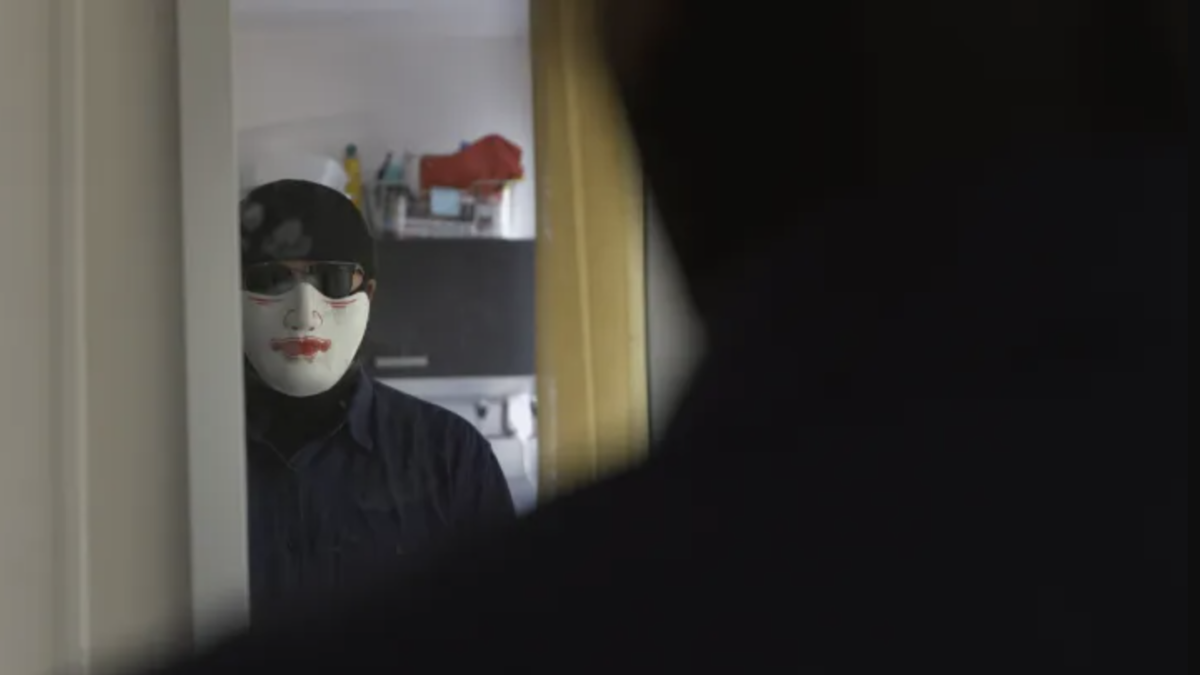
Amazing - the range and depth of these films are impressive. Finally, how can filmmakers pitch to Witness or other documentary strands at Al Jazeera English?
Filmmakers can email our commissioners or acquisition team with ideas. Ideally, they submit pitches with some footage or a pilot scene, but pitches at any stage are considered. If interested, we send a pitch document outlining what we need. Once a project is green lit, contracting and production funding take a few months, so patience is important. We try to respond quickly but workload can vary.
Thank you so much, Fiona!
This site is protected by reCAPTCHA and the Google Privacy Policy and Terms of Service apply.